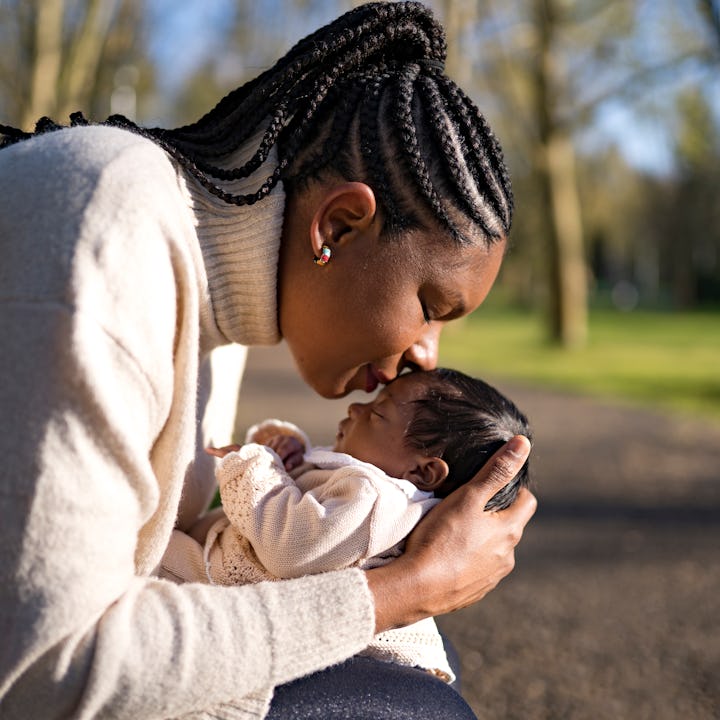FDA Approves New RSV Antibody For Infants — Here’s What To Know
The respiratory is the #1 cause of infant hospitalization in the U.S.

On June 9, the Food and Drug administration (FDA) approved Enflonsia, a new preventative antibody shot to protect infants up to 1 year old from RSV, a viral infection of the respiratory tract and the number one cause of hospitalization in infants. Drug maker Merck says they are committed to ensuring availability of Enflonsia before the start of the upcoming RSV season.
RSV in infants is characterized by cold-like symptoms that can become very serious. A mild case of RSV may in fact be indistinguishable from the common cold. But its more severe forms can lead to apnea (pauses in breathing for more than 10 seconds), wheezing cough, bronchiolitis, and pneumonia.
While there are three vaccines approved to protect adults from RSV (the illness is also particularly dangerous for the elderly), there is currently no vaccine that can be given directly to infants. One vaccine, Abrysvo, however, can be administered maternally during pregnancy, which will also provide the fetus with antibodies that will protect them up to six months after birth.
However, there is a monoclonal antibody currently on the market for infants. Nirsevimab, marketed under the name Beyfortus, is recommended by the Centers of Disease Control and Prevention (CDC) for babies younger than 8 months of age who are born during or are entering their first RSV season if their mother did not get an RSV vaccine.
While vaccines work by stimulating the body’s own immune response against a virus and convey active immunity. Monoclonal antibodies are a type of passive immunity, in which antibodies are delivered as a medication, rather than being produced by the body’s own immune system. Ultimately, for laypeople it is a nuanced difference as both can provide immediate and even long-acting protection against disease.
Most babies do not need both the vaccination and the antibody.
Enflonsia touts itself as the first and only preventive shot that can be administered as a single dose regardless of birth weight in healthy pre-term, full-term, and at-risk infants. According to reporting from Reuters, the preventative antibody will be available for the upcoming RSV season and could prove an important safeguard against shortages that plagued the 2023 season.
According to the CDC, 58,000 to 80,000 — between two to three out of every 100 — infants under 6 months are hospitalized with RSV every year and may require oxygen, IV fluids, and/or mechanical ventilation. While most babies recover well, even those who require hospitalization, it’s scary and painful and, fortunately, can be avoided.
According to a press release from Merck, recommendations regarding Enflonsia are to be discussed at the June 25-27 meeting of the Advisory Committee on Immunization Practices (ACIP). However, Health and Human Services secretary Robert Kennedy recently dismissed all 17 members of the committee earlier this week and has only replaced 8 so far. It is unclear if new members will maintain the same agenda as previously planned.